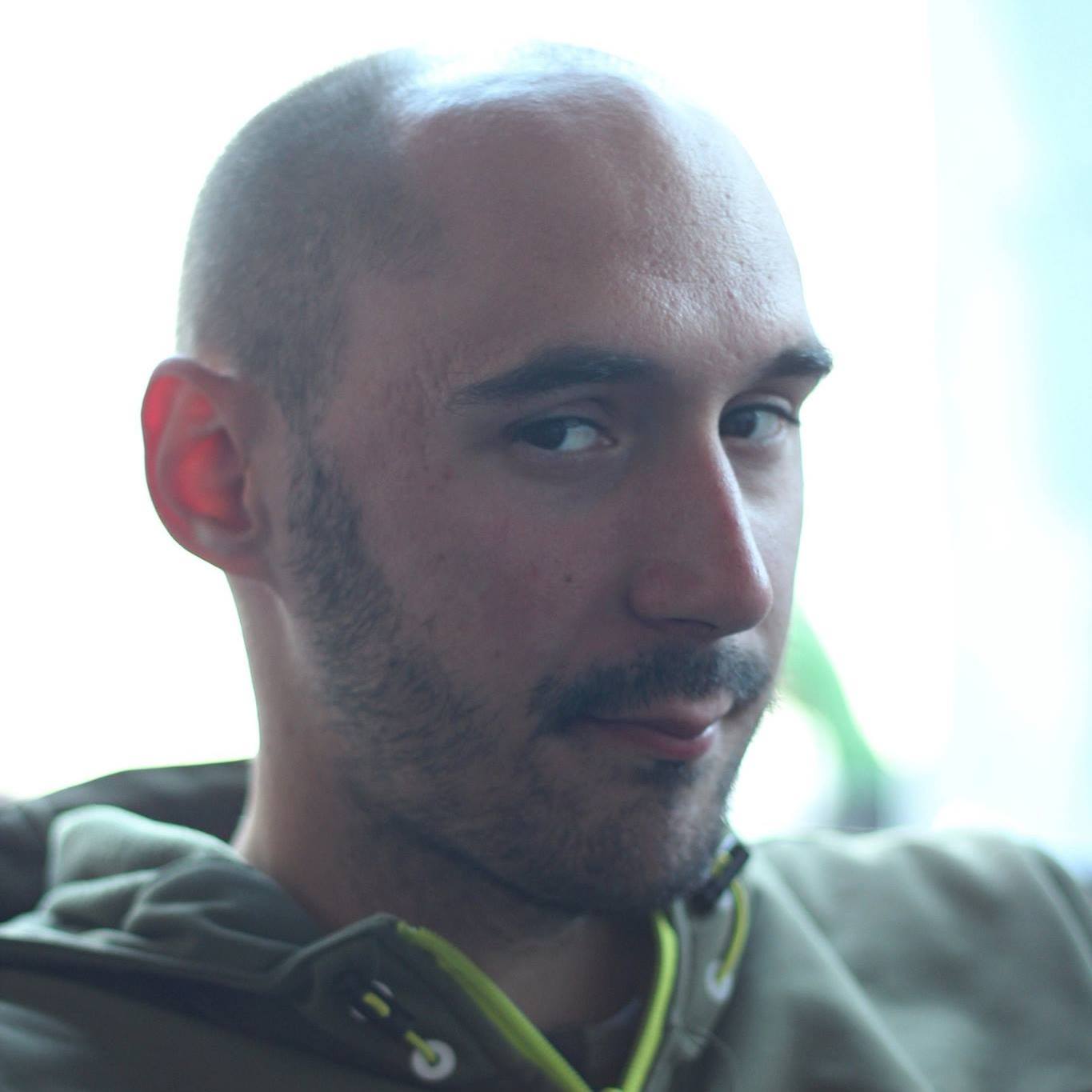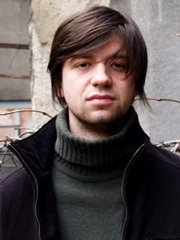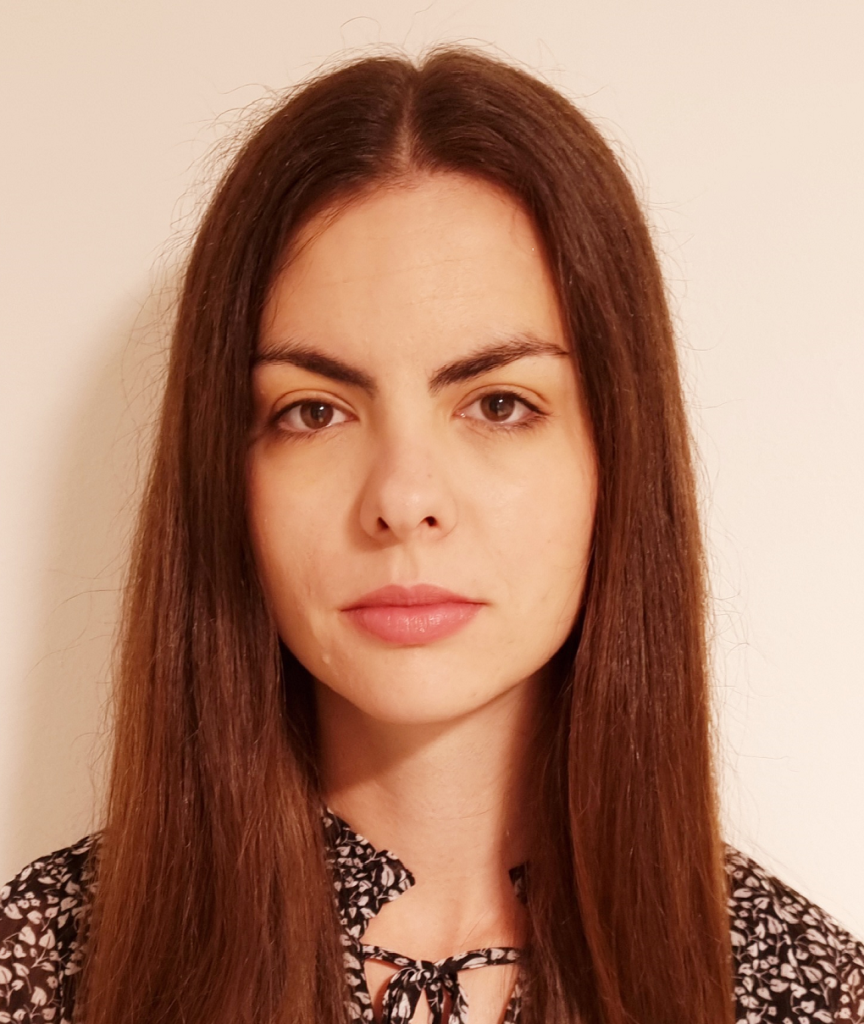Iris Vidmar Jovanović (Principal Investigator) defended aesthetic cognitivism in her Ph.D. with respect to the epistemological value of literature. She did so by bringing the issue of literature’s cognitive value in connection to contemporary epistemological notion of the plurality of epistemic aims and values. This move enabled her to ground various kinds of benefits associated with reading – change of perspective over an issue, development of sensibility and awareness with respect to certain matters, reaching of understanding – in epistemically recognized valuable states. Thus, she overcame the traditional view on which literature is a source only of propositional knowledge and valued only for its capacity to convey truth. Furthermore, she argued that literature is a form of testimony capable of inducing all sorts of cognitive and emotional changes in readers. Approaching literature as a form of testimony is valuable, she claimed, because it diminishes the power of anti-cognitivist’s arguments which insist on the fictional dimension and exclude art from the domain of informative discourses. After her Ph.D., Vidmar Jovanović expanded her interests in the topic of art’s cognitive and ethical value by extending to other forms of narrative art and poetry. She wrote on the philosophical engagements of film and literature, with the intention of showing literary and filmic modes of raising philosophical concerns. Recently, she has taken up a keen interest in TV aesthetics, aiming to analyse the varieties of the so-called low art. Her work on Kant’s aesthetics resulted in several papers regarding Kantian influence on contemporary philosophy of poetry, as well as in cognitivist interpretation of Kant’s philosophy of art which is explored in her book Umjetnost genija: Kant I suvremena filozofija pjesništva. Another relevant domain of her research relates to questions regarding the value of the humanities, and she depicts these topics within her commitment to metaphilosophy. In her approach to the topic, she is concerned with philosophy understood as primarily humanistic discipline, and her research has mostly focused on (i) providing arguments in favour of philosophical engagements of artforms: (ii) on exploring the connections and differences between literature and philosophy and (iii) and on rebuking the arguments which allegedly show philosophy to be stagnating and impotent with respect to improving people’s lives or contributing to the community’s knowledge. Link to home institution: https://portal.uniri.hr/portfelj/795
Rafe McGregor’s (Co-investigator) research is at the intersection of literary aesthetics and critical criminology. His initial research was in literature, focusing on literary narratives and exploring the relationships among aesthetic, cognitive, and ethical value within literary representation. He established a theory of aesthetic education in his second monograph (Narrative Justice), arguing that the development of narrative sensibility increased ethical understanding and that an increase in ethical understanding could be employed to reduce criminal inhumanity (serious crime and harm committed for political motives, for example crimes against humanity and terrorism) by means of one of two methods, disclosure or demystification. The former involves the exploration of the positive cognitive value of narrative fiction considered in relation to documentary and the latter the exploration of the negative cognitive value of two documentary considered in relation to narrative fiction. His most recent monograph (A Criminology of Narrative Fiction) argues for the epistemological value of fictional narratives for the discipline of criminology, focusing on cinematic art (feature films and televisions) in particular. The common thread running through his research is an interest in the various types of narrative representation and an interest in the use to which complex narratives can be put outside the specific disciplinary concerns of philosophical aesthetics, literary theory, or film studies. Link to home institution: https://www.edgehill.ac.uk/law/staff-2/rafe-mcgregor/
Joerg Fingerhut (Co-investigator) works at the intersection of philosophy of mind and art at the Berlin School of Mind and Brain, Humboldt-Universität zu Berlin. There he promotes an empirically engaged philosophy of mind by conducting empirical research using methods from psychology and experimental philosophy (X-Phi) and by collaborating with neuroscientists in research on how different media (architecture, images, film) engage us. He has written extensively on the nature of the aesthetic and mediated mind, approaching the topic from the perspective of 4E (embodied, embedded, extended, and enactive) cognition. Together with Jesse Prinz he has been developing a theory of aesthetic emotions (with a focus on wonder and related knowledge emotions) and their relevance for the engagement and appreciation of works of art.
Since 2020 he is the principal investigator at Humboldt-Universität zu Berlin in an EU Horizon 2020-funded project ARTIS under the call “Societal Transformations and the Arts” that he conceived with Matthew Pelowski (University of Vienna) and Eftychia Stamkou (University of Amsterdam). The consortium project encompasses 9 partners and will run until January 2025. From 2021-2022 he will be Deputy Professor for Philosophy of Mind at LMU Munich. Link to home institution: http://www.mind-and-brain.de/people/eu-h2020-project-artis/
Mario Slugan (Co-investigator) has published extensively on the nature of narration, fiction, perception and imagination, primarily in relation to film and visual media. His expertise in film studies has been widely recognized, and he is included in several international collaborations. His work serves as an illuminative example of the analytic philosophical approach to film and culture. His monographs dedicated to early film history offer valuable insights into the origins of theoretical approaches to film. In light of his interest in Noel Carroll, himself one of the most important contemporary philosophers of art, Slugan expanded his exploration of art-related issues, taking it into themes dealing with the intersection of ethics and narratives and raising questions relating to the concept of popular art, mass art and art’s cultural significance. In his monograph, he criticizes approaches to art not grounded in objectivity and sciences, which is a valuable contribution to the attempts to scientifically prove the relevance of humanistic education. Link to home institution: https://www.qmul.ac.uk/sllf/film-studies/people/academic/profiles/slugan.html

David Grčki (Co-investigator) has a M.A. in Cultural Studies and a Phd. in decision making and practical rationality titled Planning, Reasons and Rationality over Time (2020). His expertise are in literary criticism and in fields of epistemology and theory of rationality. His investigation is interdisciplinary and ranges from exploring the way in which epistemological concepts of knowledge and understanding can help us better identify cognitive values of narrative fiction to building up new theories of how we engage and understand fictional characters that can help us solve some contemporary problems in narrative arts. Link to home institution: http://portal.uniri.hr/portfelj/3918
Ema Luna Lalić (Co-investigator) has an M.A. in Philosophy with expertise in the philosophy of language and pragmatics. Her interests include the philosophy of literature and aesthetic cognitivism. Link to home institution: http://portal.uniri.hr/portfolio/7645

David Collins (Co-investigator) holds a Ph.D. in philosophy from McGill University and is the Rubinoff Early Career Research Fellow in Art as a Source of Knowledge at Churchill College, Cambridge. Coming to philosophy with a practical and academic background in the arts (film and theatre), his research interests lie at the intersection of aesthetics and moral philosophy and draw on analytic, continental, and pragmatist philosophical traditions, as well as the philosophy of R.G. Collingwood. In aesthetics, he is interested in the idea of artistic expression, in both artistic value (i.e., what it is for something to be good qua art) and the value of art (i.e., why art is valuable or important as a part of human cultural life, both personally and communally), and in grounding these forms of value in the nature of art. He has also argued for a stronger methodological connection between the philosophy of art and artistic practice. In moral philosophy, he is interested in virtue ethics and Simone de Beauvoir’s existentialist ethics (and how they can be read together), and in topics in moral psychology such as autonomy and trust. He is a co-editor, along with Iris Vidmar Jovanovic, on two collections of essays related to trust from Lexington Books, and co-editor on a forthcoming volume from Cambridge University Press on Collingwood’s philosophy. He is also interested in the social and psychological effects of new technologies, the philosophy of education, and the nature and value of the humanities as a field of education and scholarship distinct from the social and natural sciences. Link to home institution:
https://www.chu.cam.ac.uk/fellows/dr-david-collins/





